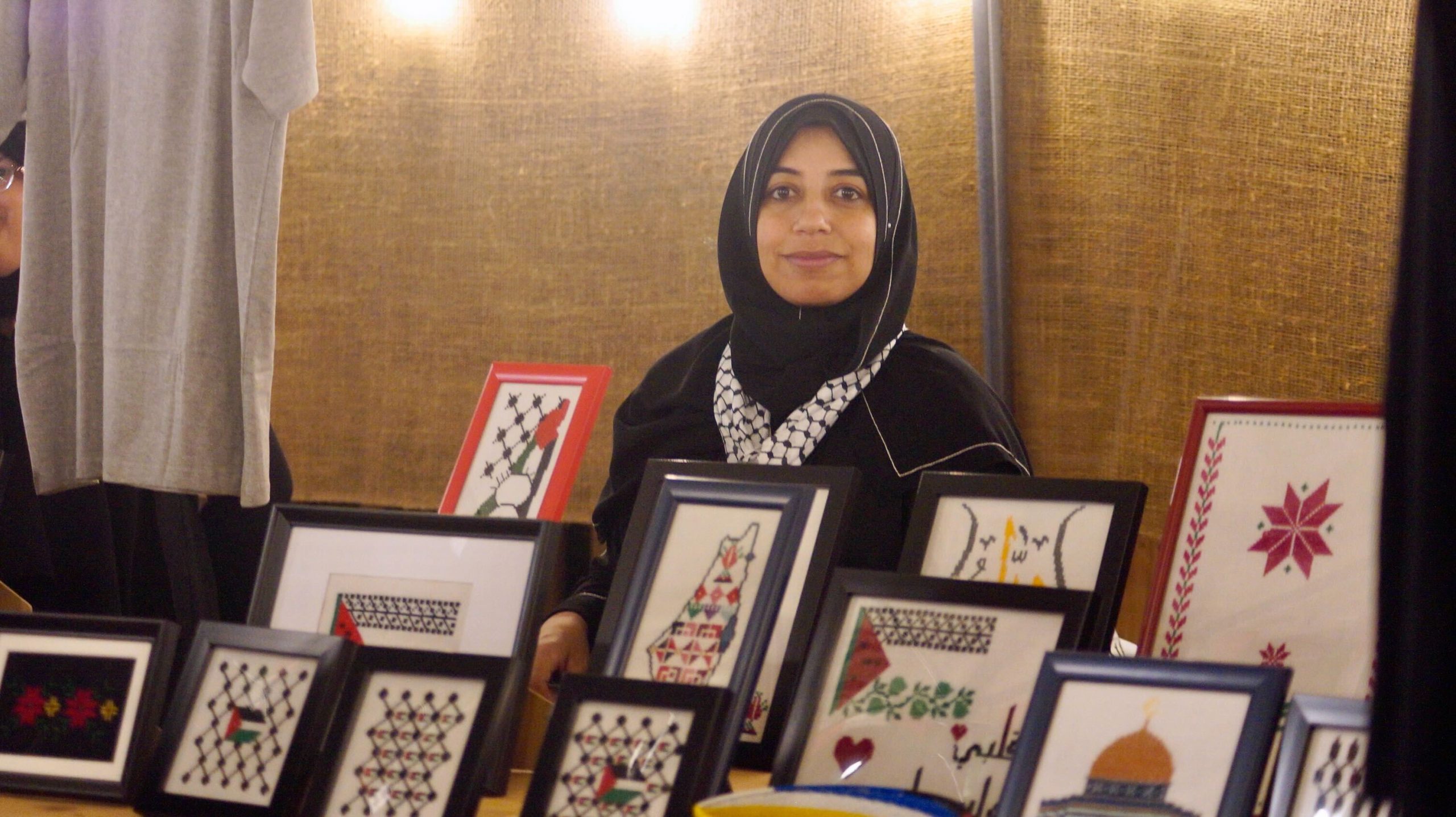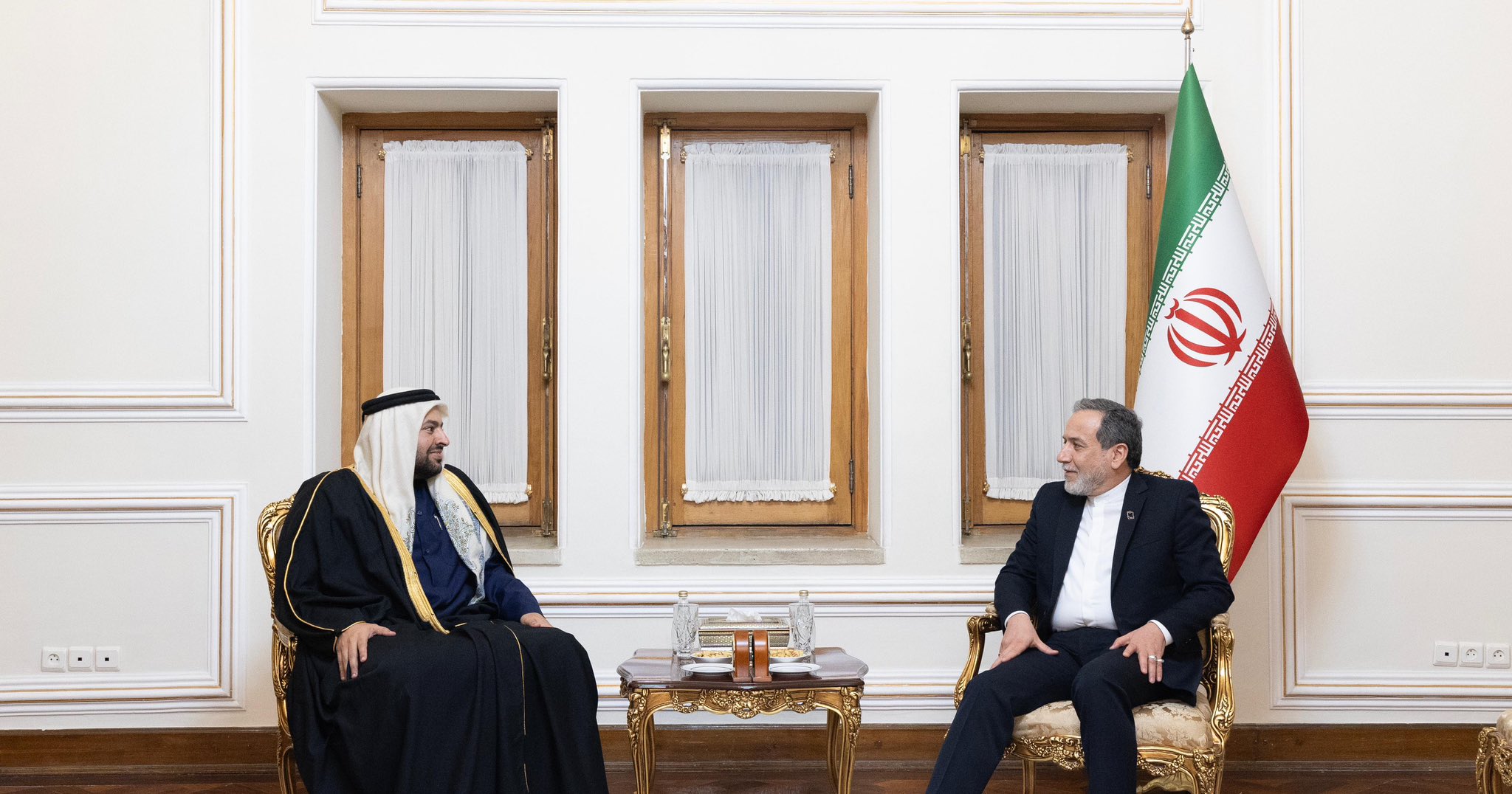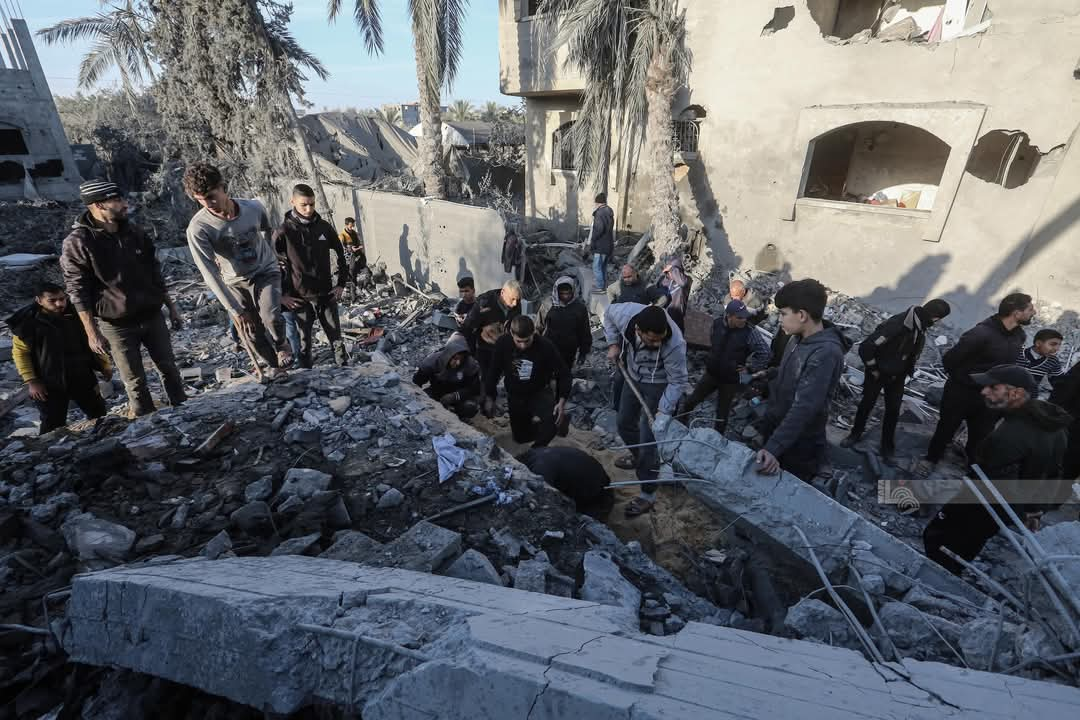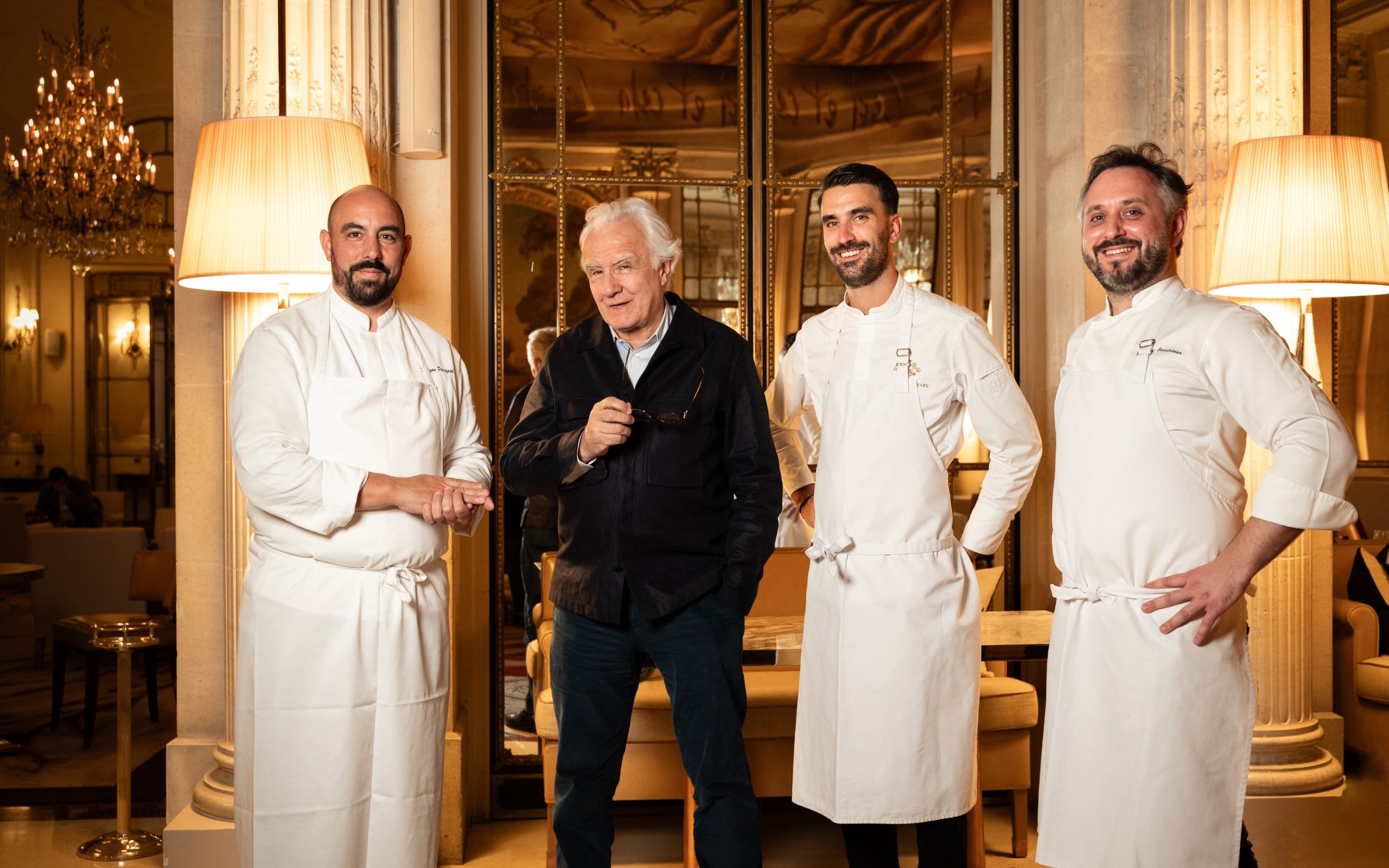Palestinian embroidery has long stood as a key form of resistance under the ongoing illegal Israeli occupation of Palestine.
Palestinian women who were evacuated from Gaza to Doha showcased their handmade embroidery for sale at the weekly Torba Market on Saturday in Education City, drawing dozens of visitors from all backgrounds.
This Ramadan, Torba Market has been taking place under the title ‘Slice of Support’, inspired by the watermelon symbol of solidarity with Palestine.
As the holy month comes to a close, the last two Saturdays have been dedicated to honouring the Palestinian women evacuated from Gaza for treatment in Doha amid the ongoing Israeli genocidal war.
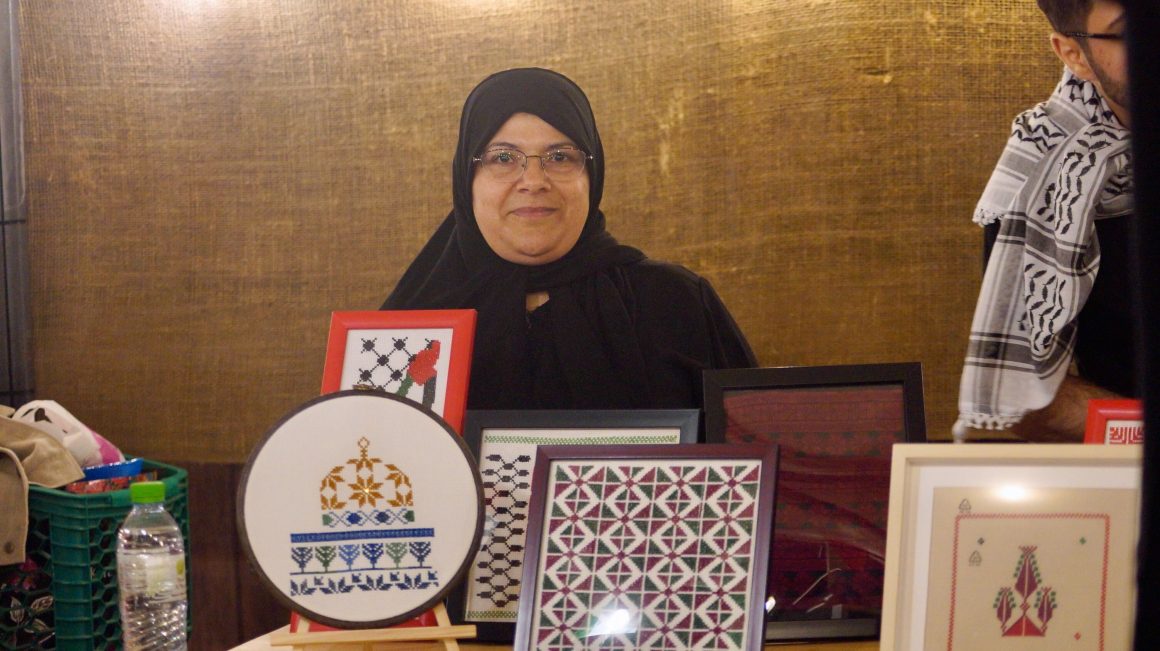
“This initiative not only helps in promoting businesses from Palestine, specifically Gaza but also fosters a sense of community and mutual support between both people in Qatar and Palestinians,” Fatma Al-Khater, Torba Market founder, told Doha News.
The Palestinians were evacuated as part of an initiative by Qatar’s Amir Sheikh Tamim bin Hamad Al-Thani to sponsor 3,000 orphans and treat 1,500 injured Palestinians from the Strip.
As of March 19, Qatar evacuated 19 batches of wounded Palestinians, though it remains unclear how many have been evacuated in total.
The Palestinians have been residing at a compound in Al Thumama, where Qatari entities have been engaging with the community by providing workshops and events.
With their minds and hearts stuck back home, especially as they continue to watch the war in Gaza unfold, embroidery became an activity that kept them close to their homeland.
Starting with just one workshop, more women joined the embroidery sessions, creating unique artworks and accessories that they shared with the local community at Torba.
Art as a form of resistance
Palestinian embroidery has long stood as a key form of resistance under the ongoing illegal Israeli occupation of Palestine.
The art has existed for more than 3,000 years, long before the 76 years of occupation of Palestine.
Each stitch reflects a different part of Palestine and has been inherited from one generation to another.
Sitting in her wheelchair after sustaining a severe injury in northern Gaza, 36-year-old Samah found a sense of comfort in embroidery during her time in Doha, which she has been practising for years.
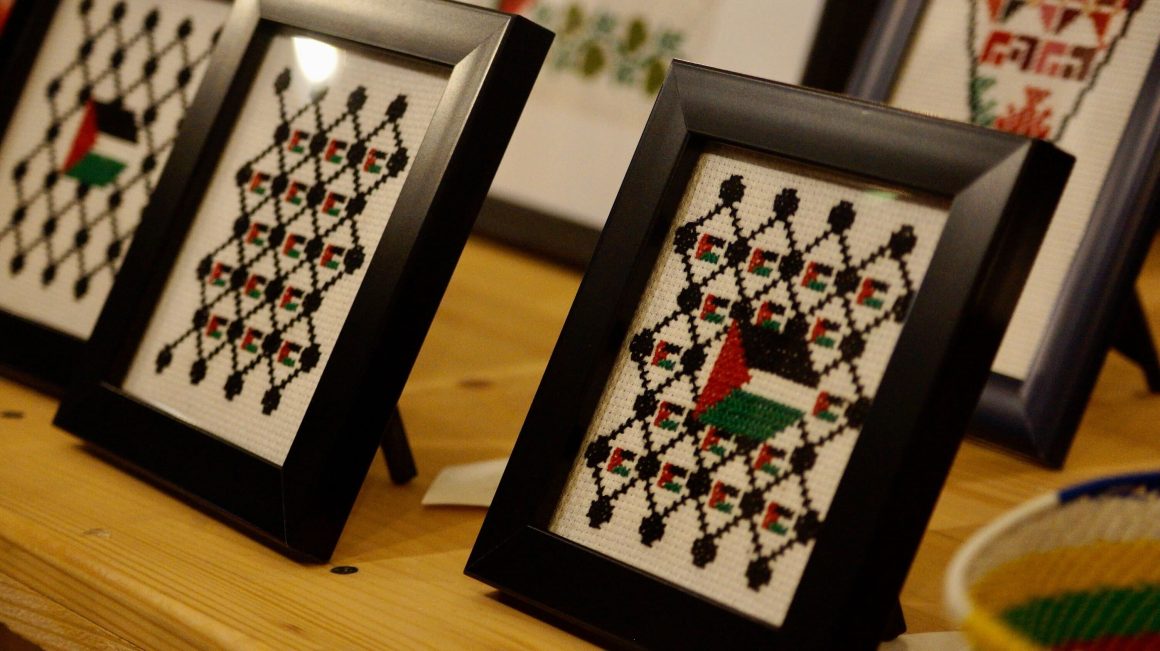
Since arriving in Doha in January, Samah underwent four surgeries with more likely needed.
“I mostly focus on the Palestinian embroidery, because it is ours and is a source of pride for us. God willing, we will keep embroidering, whether there’s a war or not. No matter where we are, even now as you can see we are injured, but we will not abandon our heritage,” Samah told Doha News.
Samah, like every person from Gaza, left behind and lost loved ones among the 32,782 Palestinians killed by Israel.
“May God end our suffering and reunite us with our family in Gaza,” she said.
History repeating itself
The event on Saturday attracted many people from the Palestinian diaspora in Doha who saw it as a chance to show up for the people of Gaza and welcome them.
For a third-generation Palestinian diaspora in Qatar, one woman saw the gathering as a reflection of the tight-knit Palestinian population in the Gulf country.
“They have suffered a lot and they’re trying to create a new future. Very similar to what our parents went through when they came from Palestine over 50 years ago,” Lama, an alias, told Doha News.
There is a large Palestinian diaspora in the region due to the mass displacement of Palestinians from Gaza by Zionist militia in 1948 to establish Israel. The 1967 war, or the Naksa, forced another major exodus of Palestinians of around 400,000 people.
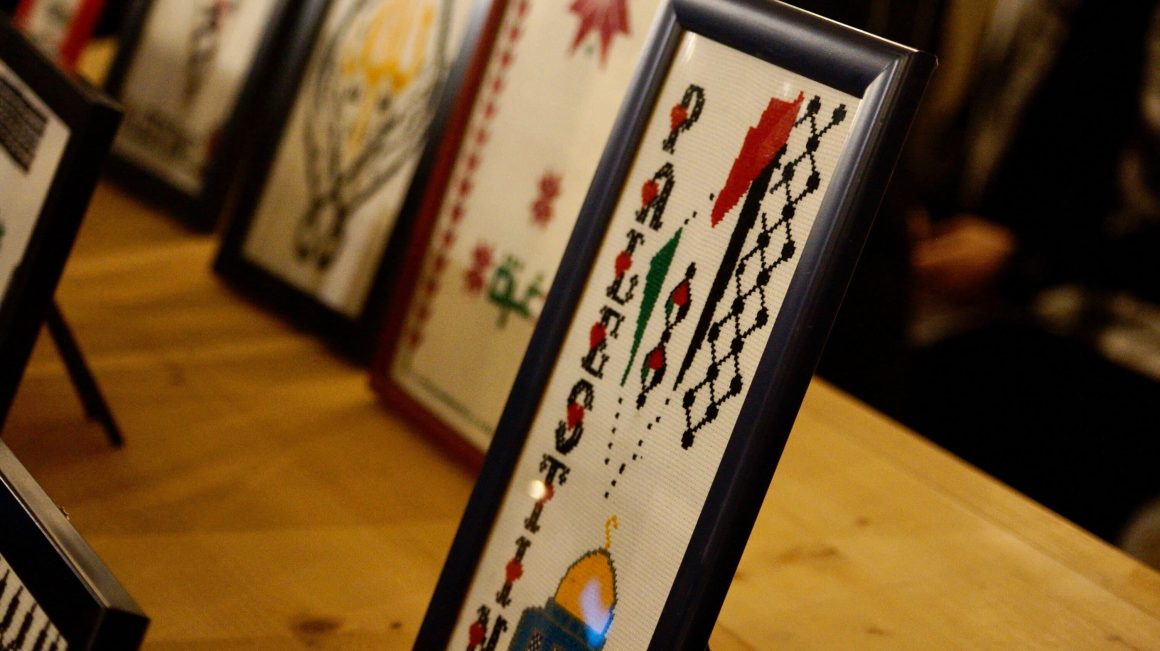
While the figure of Palestinian diaspora has yet to be properly documented, academics believe at least 600,000 Palestinians live in the Gulf region.
Other estimates suggest Palestinians in the Arab region represent 44 percent of the global diaspora, a figure that likely excludes Palestinians who have been nationalised in their countries of residence.
As she spoke about the war in Gaza, Lama could not help but highlight how history continues to be repeated, with Palestinians constantly being forcibly displaced by Israel.
“[The war] broke something in us, especially since it is nothing new. We grew up watching the news, hearing the stories of our grandparents, and how they had to leave overnight. It’s super difficult,” she said.
However, Lama believes this time the world is actively witnessing the repetition of her parents and grandparents’ stories unfold, especially in the age of social media.
“It’s especially painful to be able to watch it and think that this is what our grandparents and parents had to go through. We didn’t have social media at the time and no one recorded what happened with them,” she said.
Israel’s genocidal war on Gaza has neared its sixth month, with more than 80 percent of the population displaced and living under unbearable conditions.
Disturbing reports and scenes of killings, starvation, and torture have continued to emerge with Israel having yet to be held to account.
While all hopes were initially focused on witnessing a ceasefire in Ramadan, Palestinians are now hoping for a near end to the suffering of Gaza’s population.
“We only have hope and that is that this aggression stops, but we cannot give up our hope for freedom,” Lama concluded.

